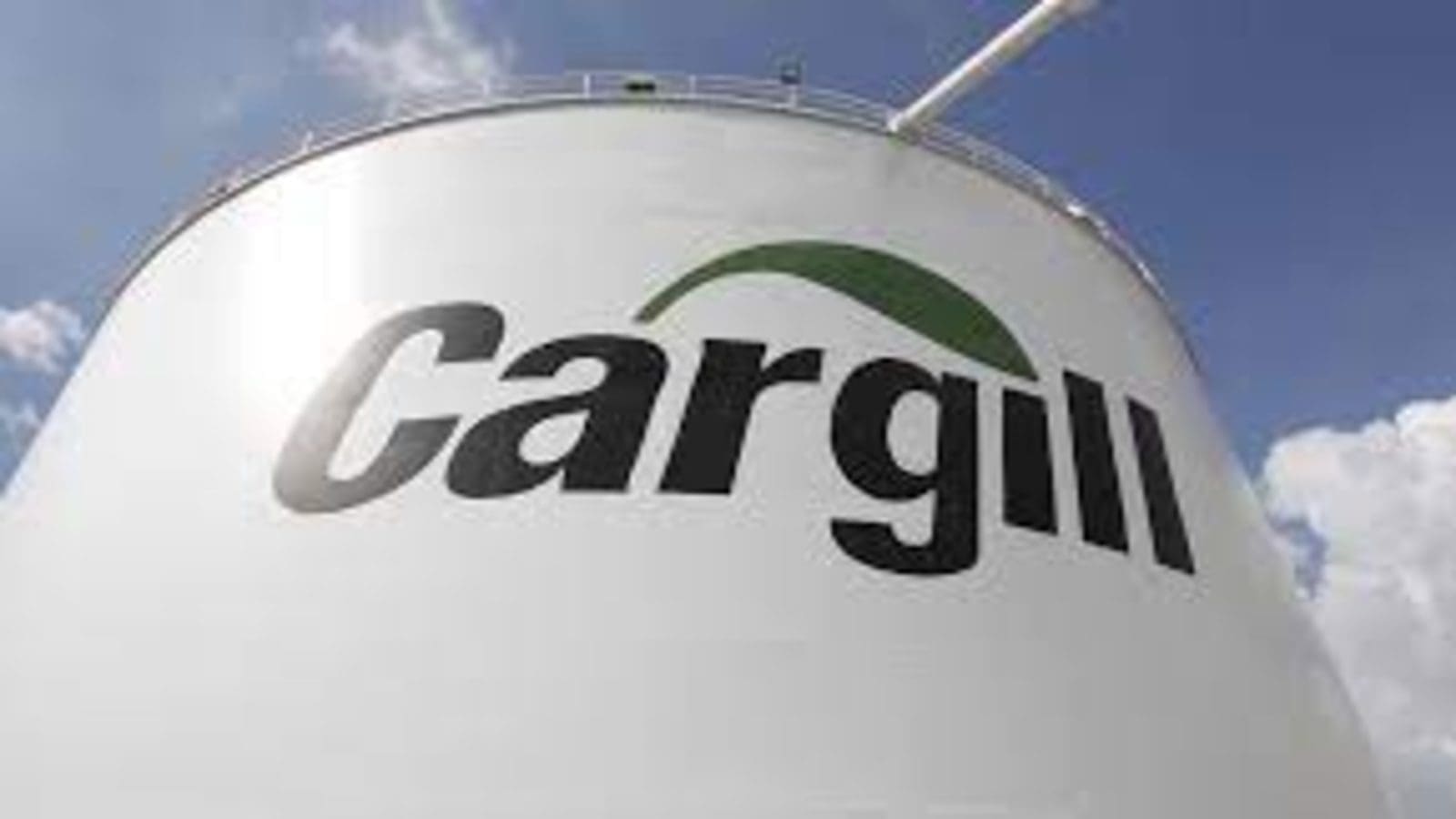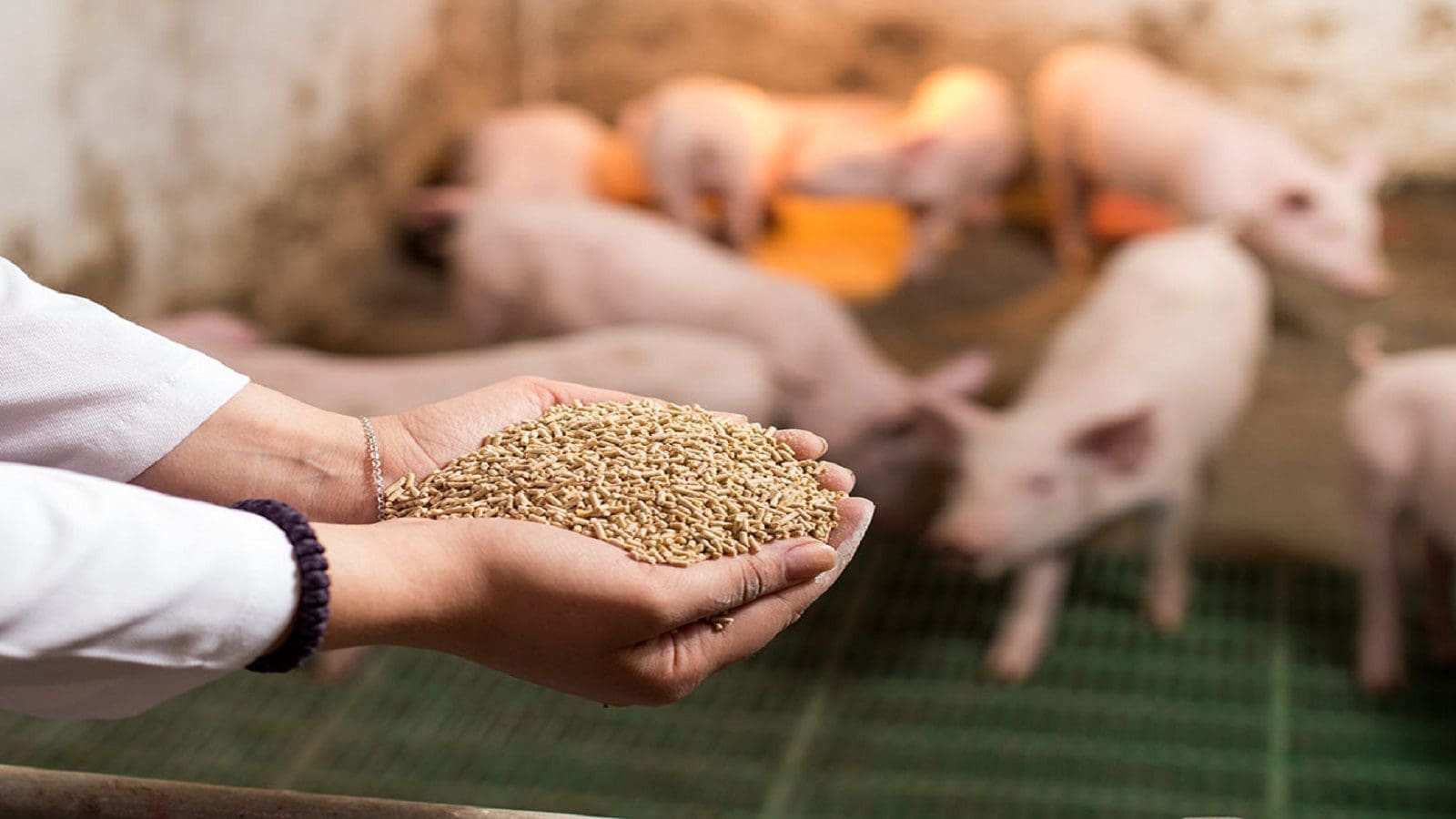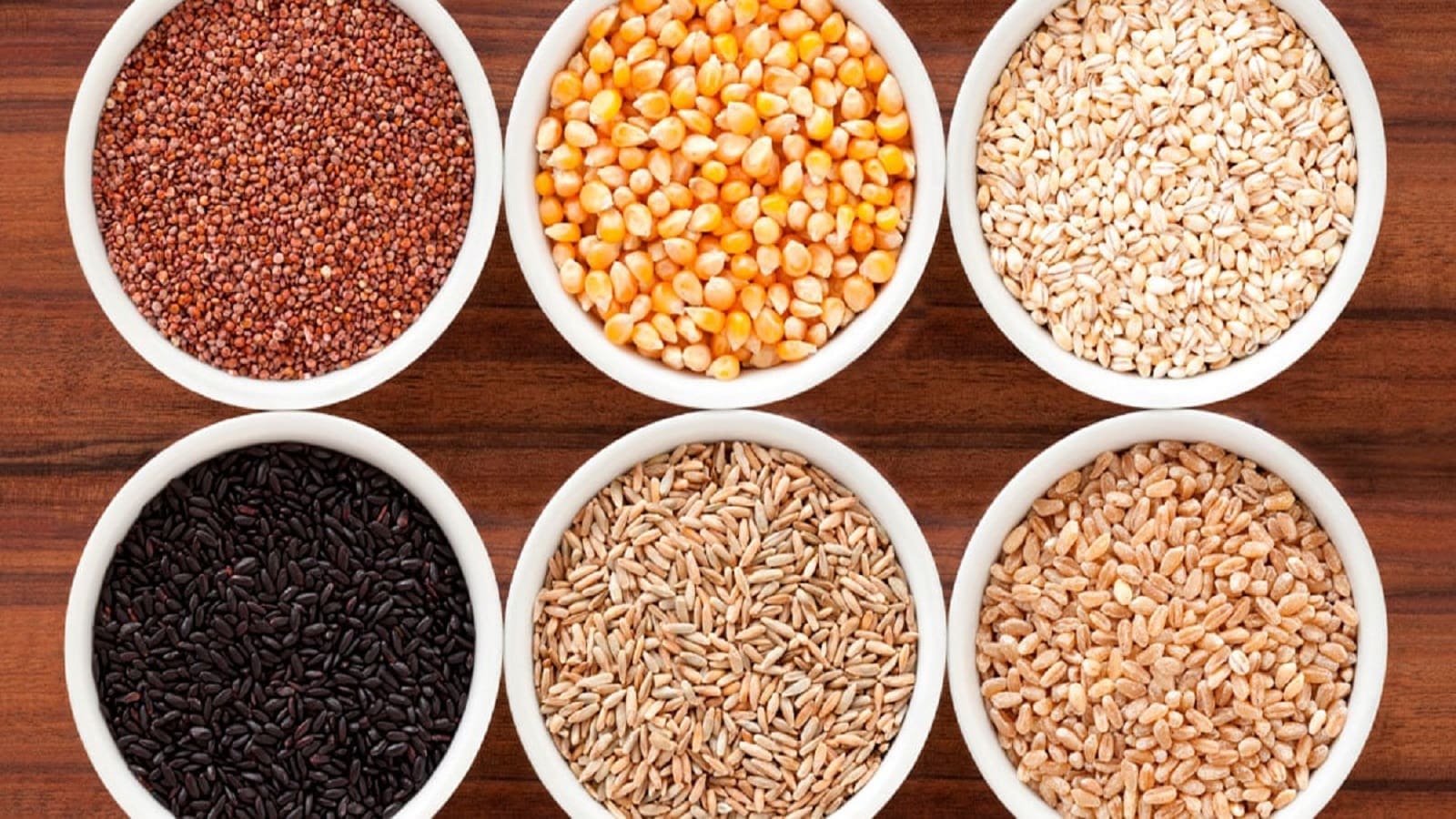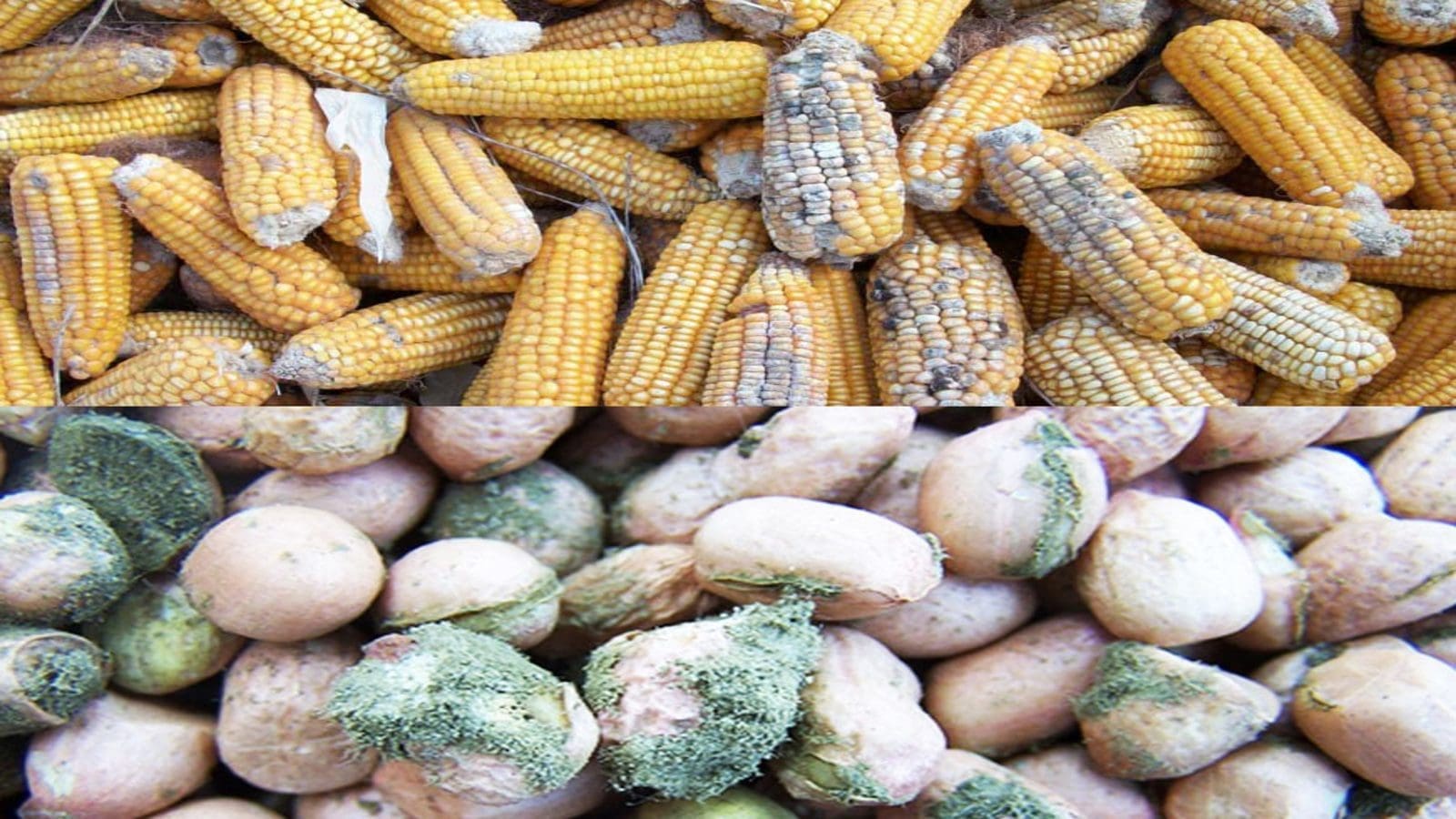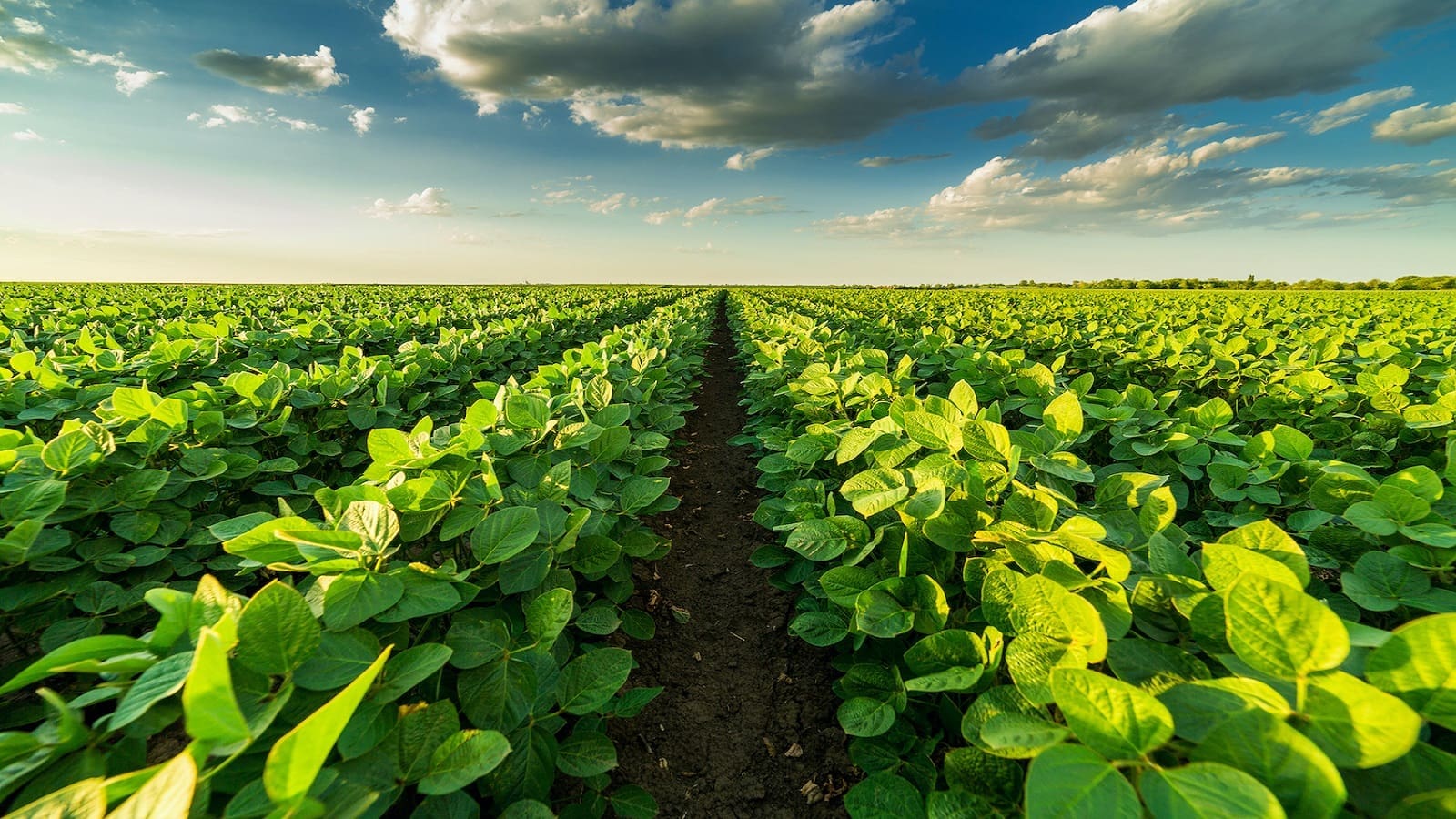BRAZIL – Cargill, an agricultural commodities trading giant, has partnered with Banco de Brasil to launch a US$240 million ‘ESG Time Deposit’, to support sustainable development in the country.
The resources will be applied in projects of environmental management and natural resources, clean transport, renewable energy, low-carbon agriculture, and affordable housing, among others.
According to Cargill, farmers and other entrepreneurs seeking access to the credit will have to agribusiness lender’s Sustainable Finance Framework eligibility criteria.
The projects must also be connected with Cargill’s areas of operation and contributing to one or more of the Sustainable Development Goals of the UN,” Cargill said.
Environmental, Social, and Governance (ESG) deposits allow businesses to place their surplus liquidity into a time deposit that enables them to contribute to sustainable development projects.
According to the CFA (Chartered Financial Analyst®) institute, ESG investments used to be a minor portion of all investments a decade ago.
They are now a significant data source in investment organizations with more companies keen, now more than ever, to invest in sustainable development goals in significant proportions.
Cargill recently released its first-ever comprehensive ESG report, detailing the progress they have made so far.
The company highlighted collaboration with strategic partners to ensure transparent and sustainable supply chains, advancing human rights, and reducing greenhouse gas (GHG) emissions, supporting farmer livelihoods.
In 2022, Cargill selected a series of projects intending to achieve the recovery of 100,000 hectares of degraded areas in Brazil within five years.
The launch of this US$240 million ‘ESG Time Deposit’ will support these projects alongside others in line with their sustainability goals.
Although not commonly part of mandatory financial reporting, investors are increasingly using these non-financial factors to identify risks and growth opportunities.
Institutions, such as the Sustainability Accounting Standards Board (SASB), the Global Reporting Initiative (GRI), and the Task Force on Climate-related Financial Disclosures (TCFD) are also keen to form standards to fast-track the incorporation of these factors into the investment process.
For all the latest food industry news from Africa and the World, subscribe to our NEWSLETTER, follow us on Twitter and LinkedIn, like us on Facebook and subscribe to our YouTube channel


